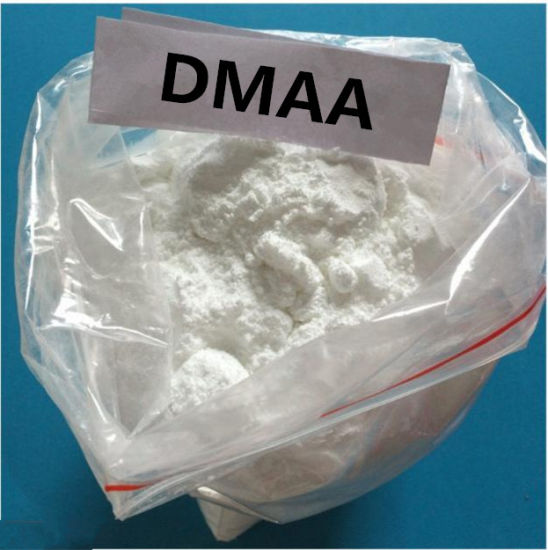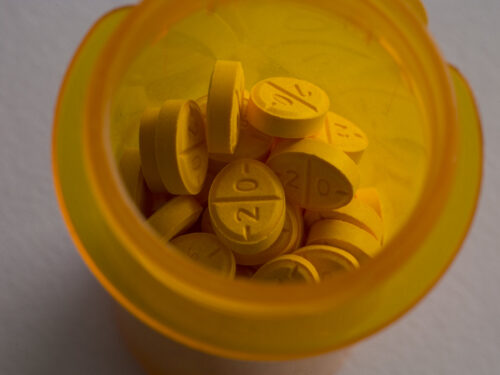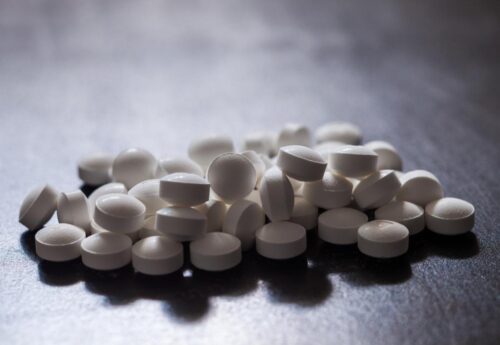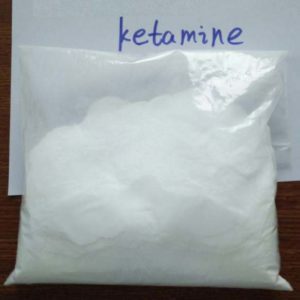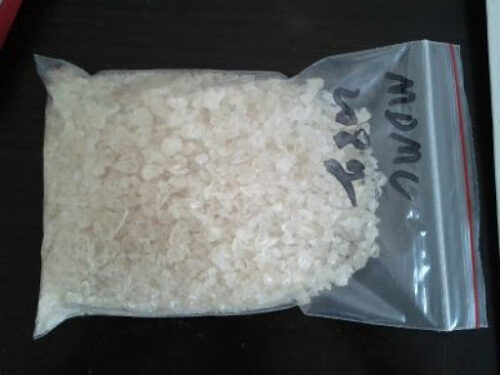Are you looking to buy DMAA Online ?This supplementhas been subject to a lot of controversy in recent years, but what is DMAA?While many athletes claim that this is a safe and effective pre-workout supplement, it has been linked to adverse reactions and even deaths. This under-researched stimulant has often been marketed as a natural product, but even this claim has been challenged.
Buy DMAA Online / Order DMAA Wholesale / Retail Supplies Usage.
Best place to buy DMAA Online has now been withdrawn from sale in many countries, including the UK and the USA, and is prohibited by many sporting organisations.
What Is DMAA?
First of all, DMAA is known by many different names:
Order DMAA Online You may see it referred to as 1,3-dimethylamylamine, methylhexanamine, geranium extract, or the trade names Forthane and Geranamine.It has been sold since 2006 as a stimulant or energy-boosting dietary supplement, often found in gym preworkouts, but has been the subject of controversy. DMAA was invented by Eli Lilly, and marketed as a nasal decongestant by the same company under the name ‘Forthane’ from 1944.
Pure 1,3 DMAA in a PEG Solution – 30mL
In 1983, Eli Lilly voluntarily withdrew their product because of reports of significant side effects, including: tremors, raised blood pressure, and headaches. In recent years there have been reports linking DMAA to a number of adverse reactions and at least five deaths. It has subsequently been banned by a number of sports authorities and government agencies around the world.
High Quality DMAA Online History .
In competition drug tests, DMAA will give a false positive result, as it is structurally similar to amphetamines. DMAA is what is known as an indirect sympathomimetic drug, these drugs mimic the effects of epinephrine, norepinephrine, and dopamine. Cocaine is a well-known example of a sympathomimetic drug.
When taken, DMAA constricts blood vessels and causes opening of the airways.It also affects the heart and reproductive organs and inhibits the muscular contractions which move food through the intestines.DMAA has been marketed as a safe ‘natural’ product. While the chemical can be extracted from geranium it is only present in very low concentrations (less than 0.7%).
Buy DMAA Online to be used for attention deficit-hyperactive disorder (ADHD), weight loss, improving athletic performance, and body building.
Most dietary supplements are made with chemically synthesised versions of the drug and are pure and much more concentrated. Many government agencies around the world, including the UK, EU, and US, as well as organisations (such as the World Anti-Doping Agency), have banned products containing DMAA.
What Does DMAA Do?
There are many anecdotes claiming that DMAA is highly effective as a pre-workout product.
However, much of the scientific material on this drug has been put together from studying other drugs that are structured in a similar way.
Any scientific research that did look at DMAA studied the nasally administered form of the drug.
There is very little evidence from research on DMAA itself taken orally or intravenously.
The scientific material that describes what might happen when DMAA is taken orally should be fairly accurate, but without direct research, there can’t be any certainty, so caution is necessary.
DMAA as a dietary supplement stimulates central nervous system receptors.
It prompts the body to release more adrenaline and norepinephrine.
These substances give stimulatory effects including feelings of increased energy, well-being, and a sense of focus.
Of interest to bodybuilders or weightlifters are the possible increases in strength and endurance, these may allow more intense effort during workouts.
The fact that DMAA works as a vasoconstrictor can also benefit athletes.
By restricting blood flow to muscles, you can actually promote muscle growth using lower intensity exercise than usually needed.
DMAA also has a reputation as a fat burner, especially when combined with caffeine.
Metabolism is raised due to stimulatory effects, and so more fat will be burned compared to the body’s normal state.
Stimulant effects also make it more likely that users will be more active in general, increasing the likelihood of fat burning.
Structurally, DMAA and, the well-known fat-burner and stimulant, propylhexedrine are very similar, this lends credibility to the anecdotal evidence that DMAA works this way.
DMAA is also famous as a party drug. It’s use in this way has been linked to a case of brain haemorrhage (see: side effects).
Casual users report feelings of positivity and well-being, which could be due to a release of neurotransmitters, like dopamine and adrenaline.
How Much DMAA Should You Consume?
Because there is no scientific research into DMAA, any dosage instructions given on supplements cannot be based on scientific evidence.
At best, they will be based on estimates arrived at by looking at similar substances. At worst, they will be based on anecdotal evidence.
Most oral DMAA dietary supplements advise a dosage of 10-20 mg, building to 40-60 mg per day.
From looking at similarly structured drugs it is thought that a dose of 4-15 mg is enough to affect the lungs.
One dose of 50-75mg is likely to be enough to affect blood pressure.
And, one 100mg dose is likely to affect the heart.
If taken with another stimulant, such as caffeine, the effects will probably be very pronounced, or even dangerous.
Additionally, DMAA has a long half life. Half life is the amount of time it takes for the amount of a chemical in your blood stream to decrease by half.
At least half the original quantity of DMAA will still be present in the body 24-36 hours after ingestion.
This means that repeat doses within this time could build up, causing stronger effects.
In the UK, DMAA is classed as an unlicensed medical product and all products containing it were withdrawn from sale in 2012.
The World Anti-Doping Agency included DMAA on it’s 2010 list of prohibited substances, so competing
athletes should steer clear of it.
What Foods Contain DMAA?
DMAA has been marketed as a natural supplement, but it can’t be obtained from a food source.
The natural version of this chemical is reportedly found in geranium oil extract, but in very low quantities.
It has been said that in order to get just one dose from natural sources, companies would need to process around 50,000kg of geraniums.
